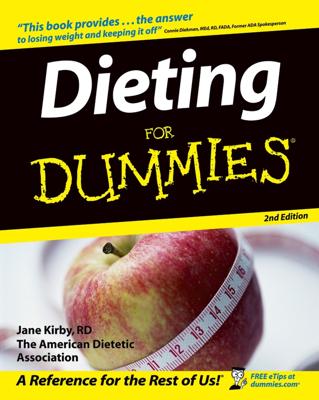People eat for two main reasons. The first reason is hunger; the second is appetite. Hunger and appetite are not synonyms. In fact, hunger and appetite are entirely different processes. Hunger is the need for food. It is
A physical reaction that includes chemical changes in your body related to a naturally low level of glucose in your blood several hours after eating.
An instinctive, protective mechanism that makes sure that your body gets the fuel it requires to function reasonably well.
Appetite is the desire for food. It is
A sensory or psychological reaction (looks good! smells good!) that stimulates an involuntary physiological response (salivation, stomach contractions).
A conditioned response to food.
The practical difference between hunger and appetite is this: When you’re hungry, you eat one hot dog. After that, your appetite may lead you to eat two more hot dogs just because they look appealing or taste good.
In other words, appetite is the basis for the familiar saying: “Your eyes are bigger than your stomach.” Not to mention the well-known advertising slogan: “Bet you can’t eat just one.” Hey, these guys know their customers.
The clearest signals that your body wants food, right now, are the physical reactions from your stomach and your blood that let you know it’s definitely time to put more food in your mouth and — eat!
Growling and rumbling: An empty belly has no manners. If you do not fill it right away, your stomach will issue an audible — sometimes embarrassing — call for food. This rumbling signal is called a hunger pang.
Hunger pangs actually are plain old muscle contractions. When your stomach’s full, these contractions and their continual waves down the entire length of the intestine — known as peristalsis — move food through your digestive tract. When your stomach’s empty, the contractions just squeeze air, and that makes noise.
Getting that empty feeling: Every time you eat, your pancreas secretes insulin, a hormone that enables you to transform the food you eat into glucose, the simple sugar on which the body runs, and then to move the glucose into body cells. The higher level of glucose temporarily suppresses appetite, but when the glucose circulating in your blood declines again, you may feel empty, which prompts you to eat. Most people experience the natural rise and fall of glucose as a relatively smooth pattern that lasts about four hours.

